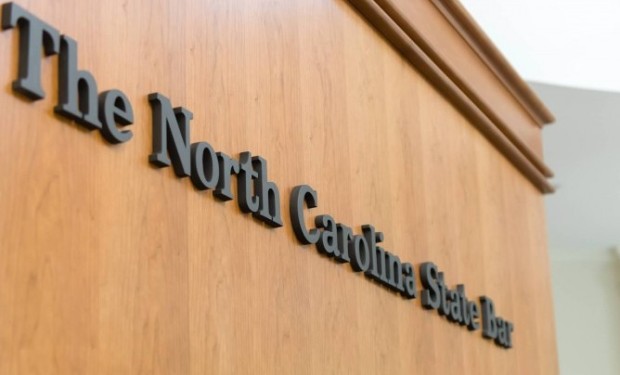Pro Bono Legal Services Provided by Government and Public Sector Lawyers
How government and public sector lawyers may fulfill their Rule 6.1 pro bono obligations while complying with the law and other ethical rules.
View formal ethics opinion in full here
Published for comment at the January 23, 2014, meeting of the Ethics Committee, 2014 Formal Ethics Opinion 3 examines how government and public sector lawyers may fulfill their Rule 6.1 pro bono obligations while complying with the law and other ethical rules.
The proposed opinion first notes that a government or public sector lawyer may provide pro bono legal services to private individuals and organizations so long as the lawyer is not “otherwise prohibited by law from engaging in the private practice of law.” In North Carolina, are several categories of government lawyers are prohibited by statute from engaging in the private practice of law:
- N.C. Gen. Stat. § 84-2: Justices, judges, magistrates, full-time district attorneys, full-time assistant district attorneys, public defenders, assistant public defenders, clerks, assistant clerks, registers of deeds, assistant registers of deeds, sheriffs, and deputy sheriffs.
- N.C. Gen. Stat. § 7A-754: administrative law judges.
The proposed opinion notes that government lawyers must be cognizant of other ethical rules when providing pro bono legal services. Because the subject matter may differ greatly from the government lawyer’s typical work, the government lawyer must pay special attention to the rules requiring competent and diligent representation (Rule 1.1 and Rule 1.3, respectively). In providing such representation, “the government lawyer must communicate to the pro bono client that, in the course of providing pro bono legal services, the lawyer is not acting on behalf of a government agency or office but in his or her private capacity.”
Additionally, the government lawyer must take care to avoid conflicts of interest (see generally, Rule 1.7). Absent informed consent from the affected parties, there are situations in which the government lawyer must decline the pro bono representation, including: (1) where the interests of the pro bono client and the government employer are adverse or (2) where the representation of either will be materially limited.
Finally, the opinion offers several recommendations to government lawyers seeking to represent pro bono clients in private matters. First, the government lawyer can avoid potential conflicts by practicing in areas unrelated to the lawyer’s government work, so long as the attorney is competent in that area. Secondly, the government lawyer should consider whether to carry malpractice insurance. Finally, government agencies should consider internal policies that facilitate pro bono legal service and guide the government lawyer in complying with the ethical rules as well as the employer’s expectations.
If you wish to respond or otherwise offer a guest contribution discussing this proposed ethics opinion, please contact the ethics editor at cu***********@************ll.edu.


